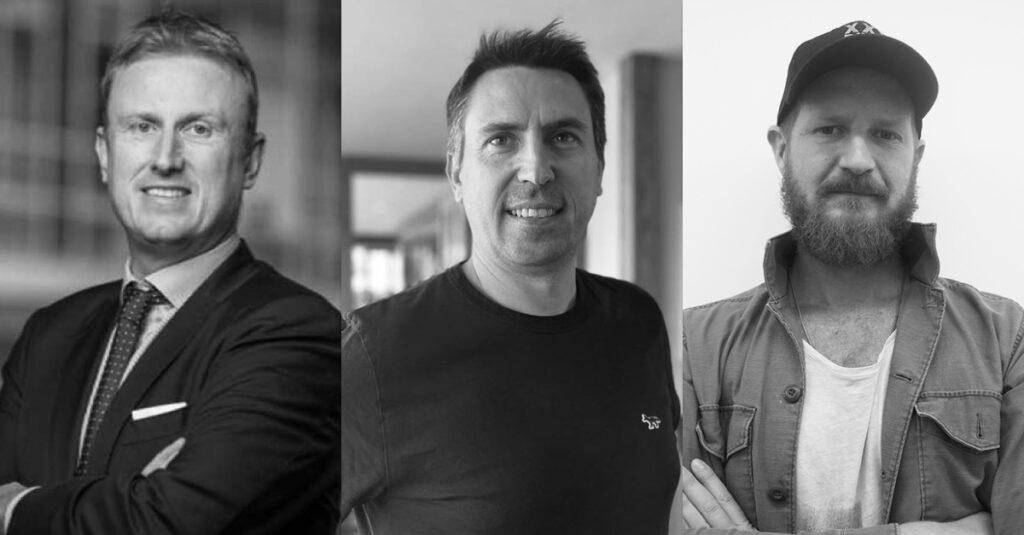
Image credits: care voice
The insurance technology space has been in a tough spot. About seven years ago, early insurtech companies promised to disrupt the insurance industry with new technologies, but now most of those companies have been acquired or are struggling in the public markets.
Fortunately, insurtechs have ridden a new wave of “embedded insurance” in recent years. Insurance startups are finding success in helping third-party companies “embed” insurance products into their customers' journeys, increasing sales and retention. Rather than the purchaser actively seeking coverage, insurance may appear as an additional charge when a customer purchases a ticket. for example. Investors also seem excited about the model, but it's clear that good economics and healthy traction are important factors for startups in this space today.
Carevoice is an embedded insurance solutions provider that was founded in Shanghai and currently has a presence in 15 countries. It's clear that this formula now looks attractive to investors in this space. The company just raised $10 million in Series B funding led by UK-based Apis Insurtech Fund I, which contributed the bulk of the round.What investment brings The company's total capital was raised to approximately $20 million.
This is notable considering how much venture investment in startups has slowed over the past year. In 2023, U.S.-based digital health startups raised a total of $10.7 billion in 492 deals, the lowest amount since 2019, according to health tech-focused seed fund Rock Health. It was the amount.
This funding slowdown hit CareVoice hard, but it weathered the storm by achieving healthy cash flow. The company had already received Series B funding commitments by mid-2022. But then, just as the market was turning around, one of the investors became “valuation sensitive” and slashed the startup's revenue multiple, said co-founder and CEO Sebastian. Godin told TechCrunch.
“We had to adjust our fundraising strategy,” he said. “We were on the right path to profitability and, with all our efforts, we managed to be cash flow neutral from the third quarter of 2022 to the present.”
The company aims to double its revenue in 2023 and hit $10 million in revenue this year, which includes recurring license payments and one-time implementation fees, he said.
“Ultimately, we are in a good position to complete our Series B,” Godin added.
Embedded healthcare solutions providers like The Carevoice may compete with traditional IT and consulting services companies such as Tata's TCS. However, Godin feels that healthcare providers who choose to outsource their software needs will ultimately realize significant “cost and time” with “limited outcomes.”
“Maybe two or three years ago. [customers] Look at anything.and [in terms of] The cost is in the millions of dollars. Then they get stuck. “Health systems management remains out of scope, which ultimately means these custom software companies are not going to manage, partner with, or deploy a variety of health technologies,” he said. Ta.
Gaudin says the design process takes two to four weeks, and development takes another two months, allowing Carevoice to have the first version of its health technology solution up and running in as little as three months. For MetLife Life, one of its largest customers, the startup will help with disease detection through facial scans, access to a network of nearby health screening centers, and prevention across physical, mental, and cognitive health. His 360Health app enables insurance companies with features.
The Carevoice, which is run by a team of approximately 40 employees, will use the new funding to expand its partnerships with insurance companies across Asia, Europe, the Middle East, Africa and the Americas and launch its next-generation operating system, CareVoiceOS. is planning to invest in Built for insurance companies.


